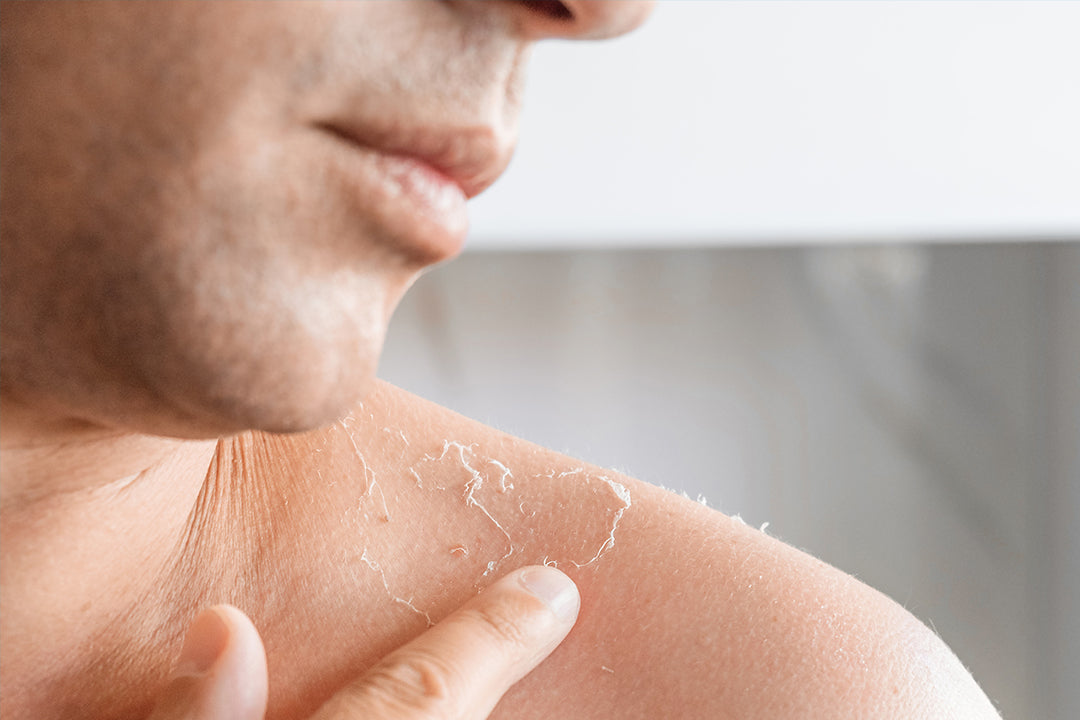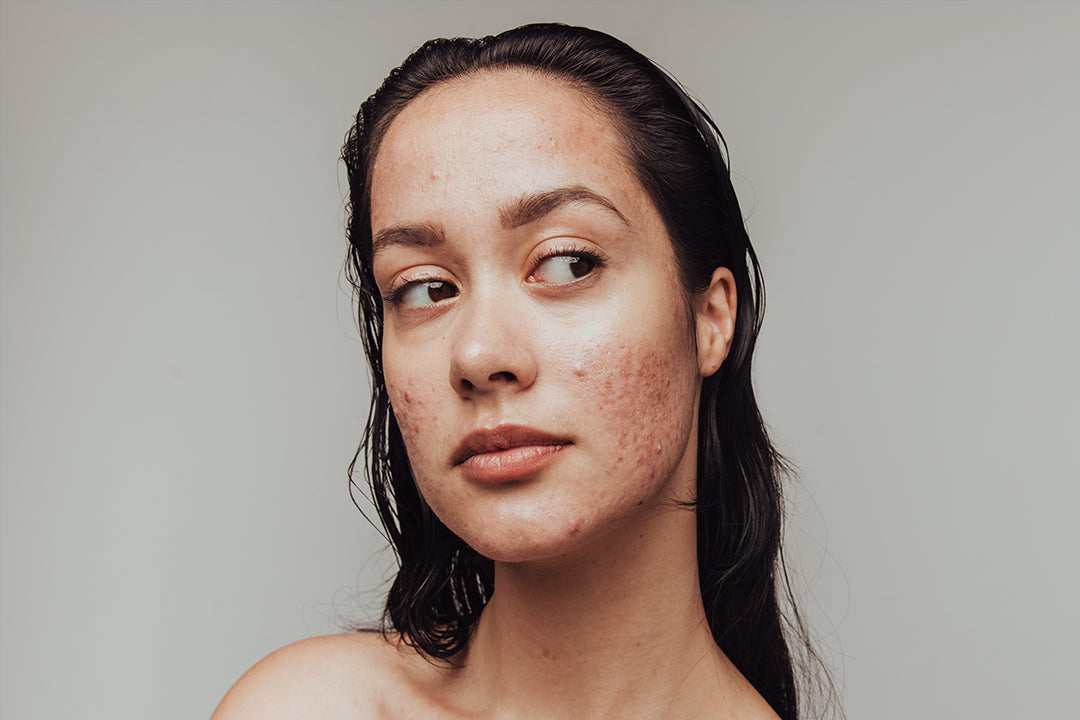Are you tired of dealing with bad skin? Do you often wonder if hormone imbalance is the culprit behind your skin concerns? In this comprehensive guide, we will explore the fascinating connection between hormone imbalance and bad skin. We'll dive deep into the reasons behind hormonal skin issues and provide you with valuable insights on how to address them effectively. So, let's get started!
Understanding Hormone Imbalance and Its Impact on Your Skin
Before we delve into the specifics of how hormone imbalance can cause bad skin, let's first understand what hormone imbalance actually is. Hormones are chemical messengers that regulate various bodily functions, including your skin health. When these hormones get out of balance, it can lead to a wide range of skin problems.
One of the most common skin manifestations of hormonal imbalance is acne. Hormonal fluctuations can increase sebum production, leading to clogged pores and breakouts. Additionally, hormone imbalance can also cause skin oiliness, dryness, sensitivity, and stressed skin.
The Link Between Hormone Imbalance and Bad Skin
Now that we know hormone imbalance can affect your skin, let's explore how exactly it happens. Hormonal acne, for instance, occurs when androgens (male hormones) stimulate the oil glands in your skin, leading to excess oil production. This excess oil, along with dead skin cells, can clog your pores and result in acne.
Similarly, hormonal imbalance can also trigger dry skin. When estrogen levels drop, your skin may produce less oil, leading to dryness and flakiness. In some cases, hormone imbalance can even cause skin pigmentation issues, such as melasma, where dark patches appear on the skin.
Treating Skin Problems Caused by Hormone Imbalance
If you're experiencing bad skin due to hormone imbalance, don't worry! There are effective ways to address these issues and restore your skin's health and radiance. Here are some strategies you can try:
1. Eat a Healthy Diet: A balanced diet rich in fruits, vegetables, and whole grains can help regulate hormone levels and improve your skin health.
2. Reduce Stress: Chronic stress can disrupt your hormone balance. Incorporating stress-reducing activities like meditation, yoga, or deep breathing exercises can have a positive impact on your skin.
3. Get Enough Sleep: Lack of sleep can affect hormone production and lead to skin problems. Aim for 7-9 hours of quality sleep each night to support your skin's natural rejuvenation process.
4. Exercise Regularly: Physical activity promotes healthy hormone levels and improves blood circulation, which can benefit your skin.
QRxLabs: Your Partner in Achieving Healthy, Radiant Skin
At QRxLabs, we understand the importance of addressing skin concerns caused by hormone imbalance. That's why we offer a range of skincare products designed to nourish and restore your skin's natural balance.
Our products, such as glycolic acid, retinol, squalane, niacinamide, salicylic acid-based toners, cleansers, creams, moisturizers, serums, and chemical peels, are formulated with the best ingredients found in nature and backed by the latest advancements in skincare. We are committed to providing you with mild yet effective solutions that are free of parabens and silicones.
FAQs
1. Can hormone imbalance cause bad skin?
Yes, hormone imbalance can lead to bad skin. Hormonal fluctuations can cause issues like acne, oily skin, dryness, and sensitivity.
2. How can I balance my hormones naturally?
There are several natural ways to balance hormones, including maintaining a healthy diet, managing stress levels, getting enough sleep, and exercising regularly.
3. What skincare products can help with hormone-related skin problems?
Skincare products containing ingredients like glycolic acid, retinol, squalane, niacinamide, and salicylic acid can be beneficial for hormone-related skin problems. QRxLabs offers a wide range of such products.
4. How long does it take to see results when treating hormonal skin problems?
The timeframe for seeing results can vary depending on the individual and the severity of the skin problems. Consistency is key, and it may take a few weeks to months to notice significant improvements.









